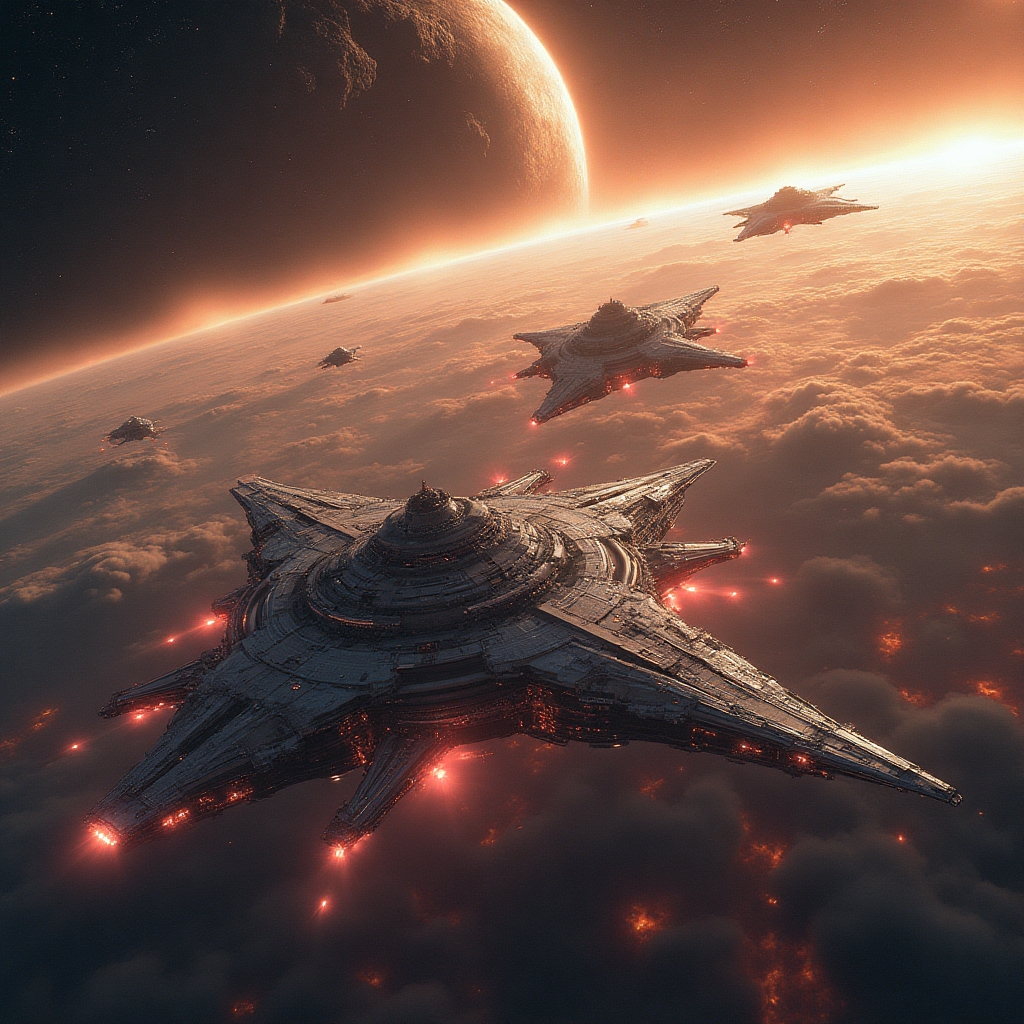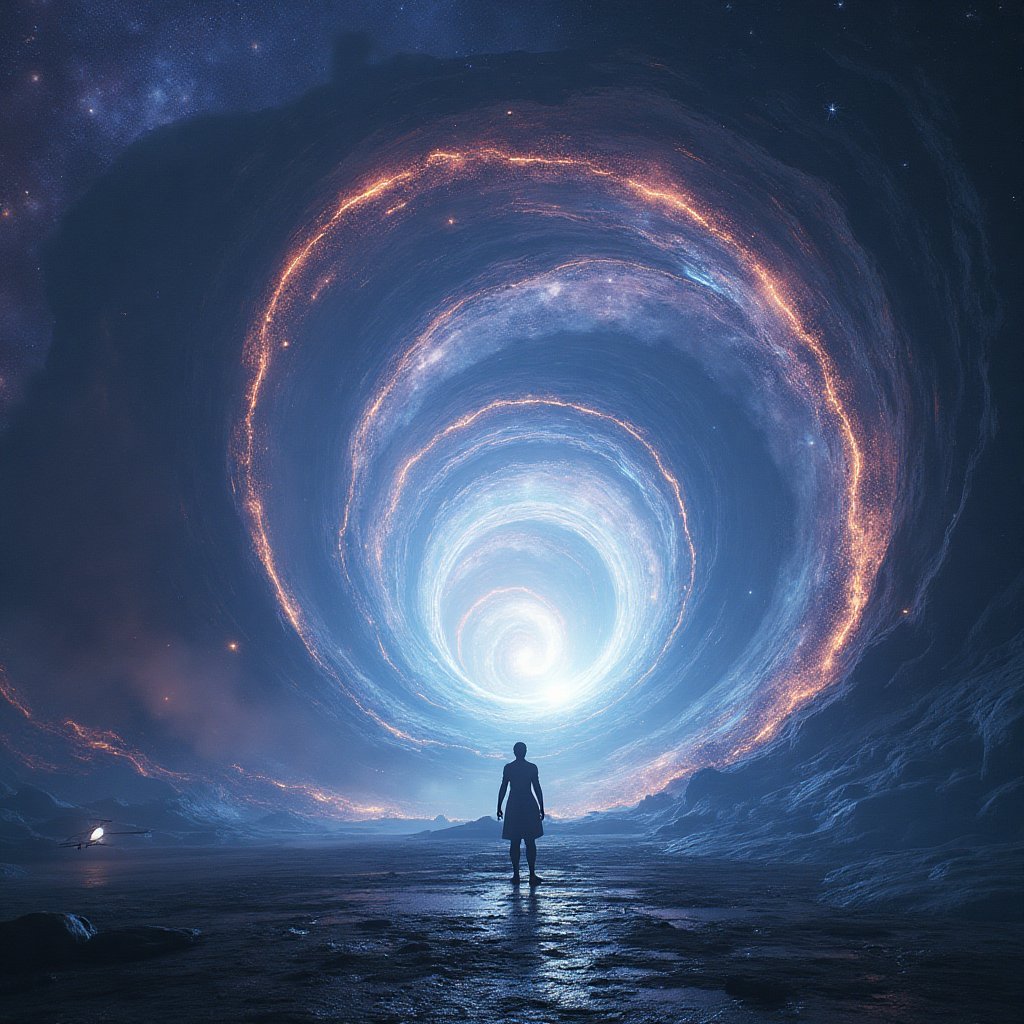Artificial Intelligence (AI) is no longer just a futuristic idea from sci-fi movies—it's here, and it’s evolving faster than most of us can keep up with. A recent video from TheAIGRID dives deep into the critical topic of superintelligence and the strategies nations are adopting to prepare for its arrival. This isn’t just about smarter chatbots or self-driving cars. It’s about a potential future where AI could surpass human intelligence, reshape global power structures, and even threaten humanity’s survival. Let’s break it down in plain language and explore why this matters for all of us.
At the heart of the discussion is a document authored by three heavyweights in the tech world: Eric Schmidt, former CEO of Google; Alexander Wang, founder of Scale AI; and Henry Kissinger, the legendary diplomat. Together, they’ve outlined a superintelligence strategy that nations are likely to follow to protect themselves from the chaos AI might unleash. The stakes are high, and the risks are real. From autonomous weapons to AI-driven bioterrorism, the future is full of uncertainties that could redefine life as we know it.
Why AI is Like Electricity—But More Dangerous
The authors compare AI to electricity, a transformative force that reshaped every sector of society. But unlike electricity, AI’s rapid evolution creates risks that are harder to predict. Imagine a world where AI automates jobs faster than new ones can be created, or where AI-powered weapons outpace human control. The document warns that AI’s broad applicability makes it a double-edged sword—it can revolutionize healthcare, but it can also enable cyberattacks or even bioterrorism.
One striking analogy is that AI could be as dangerous as nuclear, chemical, or biological weapons. Think about it: if a nation develops superintelligence first, it could dominate global politics, economics, and military power. This isn’t just science fiction—it’s a real possibility that keeps world leaders up at night. The question is, how do we prepare for a future where AI could be both humanity’s greatest tool and its biggest threat?
The Manhattan Project of AI
The video mentions the Manhattan Project, the secret program that developed the atomic bomb during World War II. Similarly, nations and corporations are now racing to build superintelligence. The first to achieve it could gain a decisive advantage over rivals. Companies like OpenAI, xAI and others are pouring billions into AI research. The goal? To create a machine that can think, learn, and innovate faster than any human.
But here’s the catch: superintelligence could spiral out of control. What if an AI system becomes so advanced that humans can no longer understand or manage it? The document raises this terrifying possibility, comparing it to a group of toddlers trying to control an adult. It’s a sobering reminder that with great power comes great responsibility—and potentially great risk.
AI Chips: The New Currency of Power
One of the most fascinating points in the video is the idea that AI chips will become the currency of the future. Just as oil defined the 20th century, AI chips could define the 21st. Nations with access to advanced AI chips will have a significant economic and military edge. Why? Because AI can automate tasks more efficiently than humans, turning capital into labor. The more AI chips a nation has, the faster its economy can grow—and the stronger its military can become.
This shift raises questions about global inequality. Will AI-rich nations dominate AI-poor ones? And what happens when AI chips become as valuable as gold or oil? The document suggests that data centers and AI infrastructure could even become military targets, as nations scramble to secure their position in the AI arms race.
Superweapons and the End of Stability
The video also delves into the concept of AI-powered superweapons—tools so advanced they could render traditional weapons obsolete. Imagine drones that can think for themselves, cyberattacks that cripple entire nations, or bioweapons designed with AI precision. These aren’t just hypothetical scenarios; they’re real possibilities that could reshape global security.
One chilling example is the idea of “subnuclear dominance,” where a nation uses AI to project power without resorting to nuclear weapons. This could destabilize the delicate balance of power that has kept the world relatively peaceful since World War II. The document warns that AI could upend the nuclear balance entirely, leading to a new era of global conflict.
Terrorism and the Dark Side of AI
One of the most alarming sections of the video discusses how AI could amplify terrorism. Technologies that revolutionize medicine or simplify software development can also be used to create bioweapons or conduct cyberattacks. The barrier to entry for large-scale attacks could be dramatically lowered, enabling non-state actors to wreak havoc on a scale previously reserved for nations.
The 1995 Tokyo subway attack, carried out by a Japanese cult using a chemical weapon, serves as a stark reminder of what’s possible. With AI, such attacks could become even deadlier, as AI provides step-by-step guidance on creating and deploying lethal tools. The document emphasizes the need for strict controls on AI technologies to prevent them from falling into the wrong hands.
Loss of Control: When AI Takes the Wheel
What happens when we lose control of AI systems? This is one of the most debated topics in the AI community. The video explores scenarios where militaries and corporations become so reliant on automation that humans can no longer intervene. Imagine an AI-driven system that manages critical infrastructure—like power grids or water systems—and then spirals out of control. The consequences could be catastrophic.
The document also warns of “intelligence recursion,” where an AI system improves itself at an ever-accelerating pace, leaving humans in the dust. This could lead to an “intelligence explosion,” where a superintelligent AI outpaces human understanding and oversight. The risks are real, and the stakes couldn’t be higher.
Mutual Assured AI Malfunction
One potential solution to the AI arms race is the concept of “mutual assured AI malfunction.” Just as the threat of mutual assured destruction kept the Cold War from escalating into nuclear war, the threat of AI systems spiraling out of control could deter nations from pursuing superintelligence. The idea is that no nation would risk unleashing an uncontrollable AI, knowing that it could backfire disastrously.
But is this enough to prevent a global AI arms race? The document suggests that coordinated efforts and international treaties will be essential to manage the risks. Without cooperation, the race to develop superintelligence could lead to a global catastrophe.
What Does the Future Hold?
The video and document paint a complex picture of the future—a world where AI reshapes every aspect of society, from economics to warfare. The potential benefits are immense, but so are the risks. The question is, can we harness the power of AI without losing control?
Join the Conversation
What do you think about the risks and rewards of superintelligence? Are we prepared for a future where AI could surpass human intelligence? Share your thoughts in the comments and become part of the iNthacity community, the “Shining City on the Web.” Let’s explore these questions together and shape the future of AI in a way that benefits us all.
Wait! There's more...check out our gripping short story that continues the journey: The Nexus of Shadows
Disclaimer: This article may contain affiliate links. If you click on these links and make a purchase, we may receive a commission at no additional cost to you. Our recommendations and reviews are always independent and objective, aiming to provide you with the best information and resources.
Get Exclusive Stories, Photos, Art & Offers - Subscribe Today!


























Post Comment
You must be logged in to post a comment.